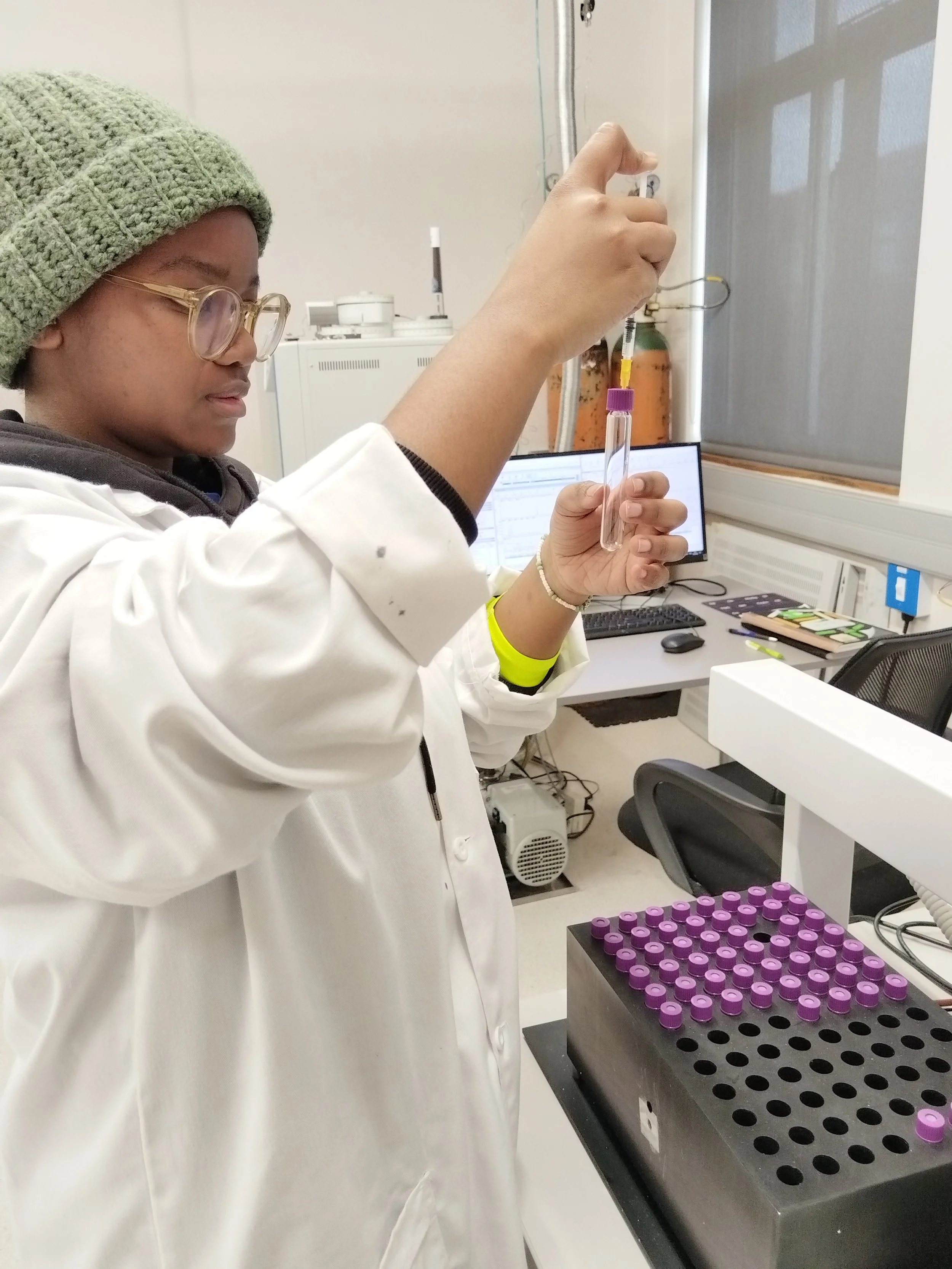Libraries, learning and discipline: Marang Keebine reflects on the honours academic journey
I once spent 20 hours straight in the library to finish my thesis. The honours year was not easy, but it was marked by incredible growth that I will carry with me as I continue my academic journey.
Indeed, I spent the year surrounded by my close friends and classmates learning how to think differently, manage my time better and communicate information clearly.
There were many academic pitfalls and I sometimes struggled with the material. But discipline, hard work and the grace of God allowed me to finish strong, earning an Honours in Geology from the University of Cape Town (UCT) with the second highest mark in my class overall.
I spent the year surrounded by my close friends and classmates learning how to think differently, manage my time better, and communicate information clearly. As I now embark on my master’s degree, I carry that with me and hope to share it with the next generation of young African women scientists.
Researching palaeoclimate conditions
My honours thesis examined the modern climate and palaeoclimate conditions of the Kalkkop palaeolake in the Eastern Cape of South Africa. I analysed a drill core from the palaeo-lake to provide data on climate conditions during the Middle Stone Age.
This data is significant because there are only a few studies on inland sites where early humans could have migrated to in the past, compared to coastal sites. Although humans no longer migrate based on food and water availability, modern communities are still heavily influenced by climatic conditions.
My research therefore contributes important insights into long-term climate trends, and helps us understand how communities may be impacted by changing climatic conditions where they live.
A special thank you to GENUS: DSI-NRF Centre of Excellence in Palaeosciences for supporting my research vision and providing significant financial aid that has enabled me to grow as a student.
Additional support came from my supervisor, Associate Professor Robyn Pickering, who is co-director of the Human Evolution Research Institute (HERI). She provided great guidance for my thesis and for my general well-being.
Dr Pickering encouraged me to be independent with my research and develop my critical thinking and decision-making skills. She introduced me to various lab activities, and shared constructive feedback for my writing and presentation skills. All of this will help me in future.
Having a positive impact
It was Dr Pickering who suggested I pursue honours research, speaking to me at the end of the final year of my undergraduate degree in Geology and Ocean & Atmospheric Sciences at UCT in 2023.
She also invited me to join HERI’s All Women Field Camp, where I was delighted to meet students from different disciplines, create new memories, and learn more about the channels currently being created to elevate women in science.
HERI has created a space where women can network and be a part of the narrative on human evolution research. And in my experience - it does.
With me, it happened while I was working in the lab and connected with someone I had met during the All Women Field Camp. That person gave me valuable advice on how to navigate postgraduate studies and the expectations I should have.
This interaction is a reflection of the community HERI has created between students of all levels. HERI has established a platform for African women to share their perspective of human evolution and be a part of the narrative, instead of being told the story by somebody else.
I am grateful to be part of that community, and others which have supported and inspired me like the Genus Accelerator Programme (GAP). Hosted by Dr Miengah Abrahams and Dr Robert Muir, GAP provided a wonderful introduction to the field of palaeosciences and influenced my decision to continue my studies in geology.
Now I am pursuing a master’s degree in Geology at UCT. I want to be in a position where I can help advance scientific knowledge in the global South and have a positive impact on communities in South Africa - including other young African women in science.
This article was written by Marang Keebine

